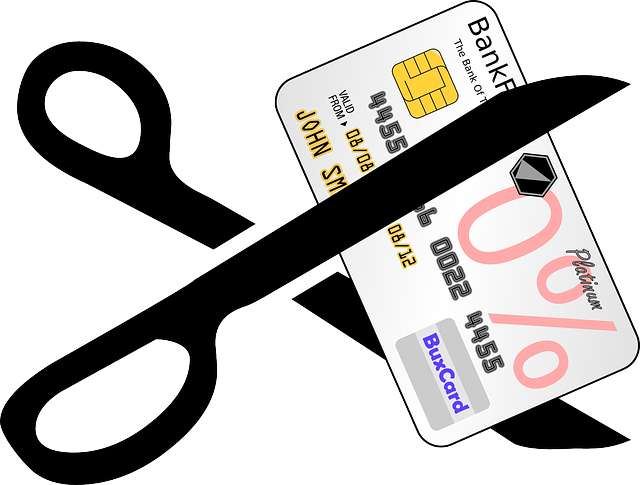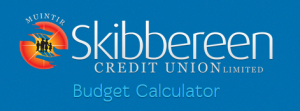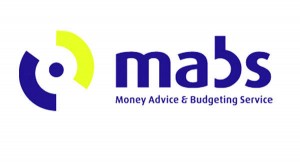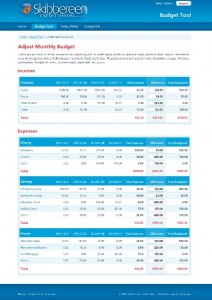 Skibbereen Credit Union carried out a survey on the average costs of Christmas to get an idea of how much the ‘ basics’ cost and we found that most people under estimate the cost greatly. We found that while people tended to be aware of the costs of presents (approx. €650) and Christmas dinners (€250), other costs such as Christmas nights out, hairdressing appointments and new clothes for the festive period were forgotten. Costs that revolve around socialising can last well into the New Year and if the January sales shopping trips are taken into consideration, the costs can tip up to €1,500.
Skibbereen Credit Union carried out a survey on the average costs of Christmas to get an idea of how much the ‘ basics’ cost and we found that most people under estimate the cost greatly. We found that while people tended to be aware of the costs of presents (approx. €650) and Christmas dinners (€250), other costs such as Christmas nights out, hairdressing appointments and new clothes for the festive period were forgotten. Costs that revolve around socialising can last well into the New Year and if the January sales shopping trips are taken into consideration, the costs can tip up to €1,500.
You can avoid financial pressure this year by using our tips for Christmas savings.
Budget, Budget, Budget
Plan how much you can afford to spend – and stick to it.
Make a list
Decide what you're going to buy in advance. If you decide in the store, you'll end up spending more!
Pay with cash where possible
Avoid loans, credit cards, store cards, catalogues and money lenders – they'll end up costing you more. Leave your credit card at home when shopping and just bring cash. It will be easier to stick to your budget and avoid temptation that way.
Compare prices
Before you buy, compare prices online and between shops. You’ll be amazed at the difference.
Start saving for Christmas now
Saving just €5, €10 or €15 per week can ensure you and your family have a few less expenses to worry about.
Start shopping early
Plenty of shops have already started stocking Christmas items. Spread the cost of this year’s Christmas by buying your chocolates early and putting them away until the festive season actually starts.
Use trustworthy vendors
Buy from reputable websites and check they guarantee delivery before Christmas. Make sure you buy early as delivery can be delayed around the holidays.
Check for Sales
Many shops will have sales before Christmas. Ask around, and maybe you could get those presents for even less!
Read the small print
If you borrow or enter into a buy-now-pay-later deal, be careful. Some lenders will penalise you for paying it back early or, if you do not pay it within the interest free period, you could be subject to hefty interest payments.
Under pressure? Talk to us first
Suffering from debt stress? Already owe money lenders? Call into your local Credit Union to discuss your options.
Friends and Family are priceless
It's easy to say but it's still true – the best gift at Christmas is being together – and that costs nothing. Many families do Kris Kringle or Secret Santa gifts. Some families only give gifts to children. There are many ways of saving money without taking away the magic.
Prepare for next Christmas
This year’s Christmas may not have happened yet, but if you plan even further ahead you can save more next year. Christmas decorations, wrapping paper and cards are usually on sale just after Christmas, so if you stock up in the sales next year will be even cheaper.









